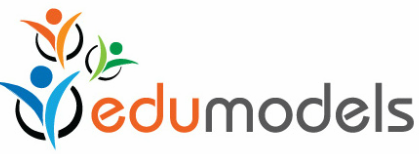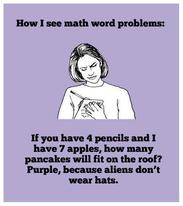 We’ve all hit that wall dealing with numbers. For me, the moment came in first year calculus. The proofs were over my head, my profs may as well have been talking textbooks, and I felt like an idiot. I seriously thought about dropping out of my program once a term. Thankfully I had a support system to help me get through (really good and smart friends, and a mother who told me I would move back to the suburbs if I dropped out. Ironically, chalk one up to fear-based motivation!) That all or nothing feeling - you either “get it” or you don’t - is one that is pervasive in math learning and teaching. As I teach a group of adult learners in a foundations math course this term, I’m starting to see the signs of anxiety in them as learners. A quiz recently on conversion rates had a handful of them visibly stressed, and verbally cursing about having to do this and wanting to quit. This was a group of people, who, until this point, had been surprisingly excited about learning math. So what is going on here, and what can we do?! As material starts to get more difficult, the excitement of easily ‘getting it’ is transforming into a feeling of failure and frustration in my students. Previous school experiences are coming back and it’s bringing up not-so-postive feelings. I am not going to let them give up just yet though. Here are some strategies that are being used, to help alleviate this fear in math (many of these are included in a literature review by Laura Iossi, Florida International University):
Curricular strategies:
This is an ongoing process of learning for all of us, but I’m grateful that we are starting to address the elephant in the room, rather than pretend it doesn't exist!
0 Comments
Leave a Reply. |
Categories
All
AuthorA passionate educator.. on a quest for a schooling model to love! Archives
August 2017
|


 RSS Feed
RSS Feed
